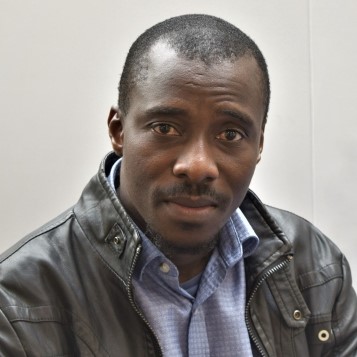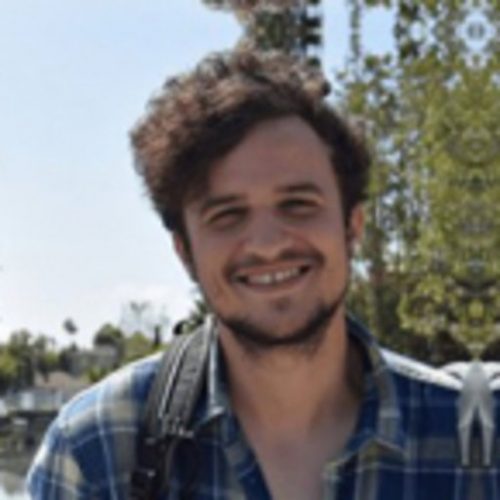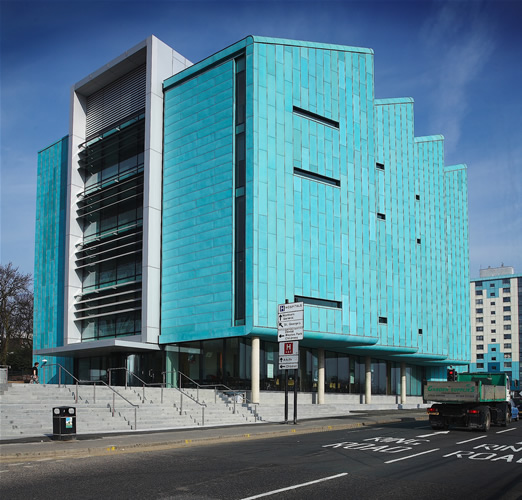
POSTPONED Trajectory clustering analysis of longitudinal/ repeated measurements
Please note: This training event has been postponed until further notice.
This Advanced Quantitative Methods Training event has been jointly organised between the WRDTP and the Scottish DTP, and is open to all ESRC funded and non-ESRC funded students across the partner universities. This event forms part of a 3 day series of events – students can attend events individually or attend all 3.
This course is split into two sessions:
Session 1: Introduction to longitudinal clustering analysis
The participants will be introduced to longitudinal data structures, and how to manipulate and visualise them in the R environment. This will be followed by an introduction to two widely used clustering methods: group-based trajectory modelling and non-parametric k-means for identifying distinct trajectory groupings in a longitudinal dataset. Participants will then carry out a class exercise focusing on longitudinal crime data from Greater Manchester.
Session 2: The non-parametric ‘akmedoids’ approach
Here, we introduce a new R-package called ‘akmeans’ specifically designed for identifying long-term trends in longitudinal datasets based on pre-determined slopes. A comparative analysis of the akmeans and the existing methods (in session 1) will be carried out. This will include an overview of the pros and cons of each method as well as their potential implications for a wide range of domains.
By the end of the course, participants should be able to:
- Gain an understanding of longitudinal data structures and learn how to manipulate and visualise them in the R environment
- Carry out trajectory clustering analysis of longitudinal data in order to identify distinct trajectory groupings
- Customise the non-parametric k-means method in order to fit a specific research objective
- Visualise clustering outcomes and plot their spatial manifestations
- Structure clustering results for causal analysis
Workshop organiser/ leader
Additional speaker

His research interest covers a wide range of spatial and quantitative techniques for crime and policing data analytics, census/neighbourhood analysis, transport and urban dynamics. Some of his recent research has focused on investigating the relationships between socioeconomic inequalities and crime risk distribution across the UK.

All attendees should have a basic familiarity with R Studio.
There are 30 places available at this AQM workshop
PLEASE NOTE: Students are responsible for arranging travel to and from this Advance Quantiative Methods Training session. The WRDTP cannot reimburse travel costs to this session.









